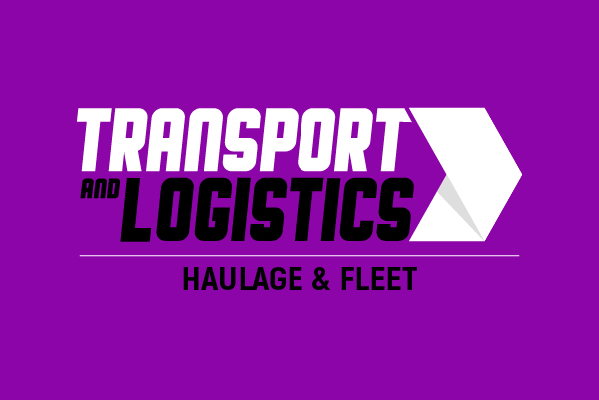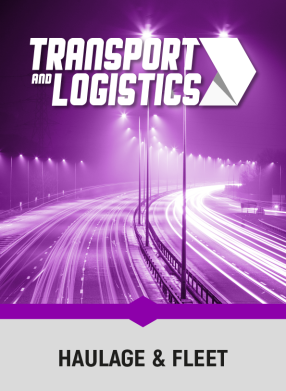Fleet transport insurance specialist, McCarron Coates, is urging HGV and other commercial vehicle drivers to act now on diesel spillers, to avoid themselves – and others – paying the price. The insurance broker is issuing a ‘Don’t Be a Full-tanker’ message, to urge hauliers not to fill their tanks to the top, reminding them of where they now sit in the new hierarchy of road users created by the January 2022 edition of the Highway Code.
The new hierarchy sees HGV, bus and coach drivers right at the bottom of the road-user hierarchy, with more responsibility for the safety of all other road users than any other highways-using group. Sitting above them are motorcyclists and, close to the top, cyclists.
McCarron Coates warned of potential liability implications emanating from the new hierarchy in January 2022 and is now highlighting how HGV drivers directly impact on the safety of motorcyclists, in particular, when they spill diesel on the highway.
For a motorcyclist, riding over diesel provides the same lack of friction they would experience if riding over packed snow. The friction is particularly reduced when diesel is spilt on roundabouts, ramps and bends, precisely where diesel is likely to spill out of trucks with overfilled tanks. Diesel also impacts on normal braking distances.
DfT figures in 2017 suggested motorcyclists comprise one-in-ten fatalities in highway accidents and 17.6% of those involved as casualties of accidents, despite only making up only 0.5% of traffic on the road network. Motorcyclists are those affected in almost a quarter of incidents in which a deposit on the road is a contributory factor to the accident.
The penalties for diesel spillers have been in place for some time and the law states that liability for dealing with a road spillage lies with the person who allowed it to occur. That has traditionally been applied to clean-up costs and Highways England has already warned, in the past few years, of how it can recover up to £70,000 of clean-up costs.
Now, with the introduction of the new hierarchy, it is not unreasonable to anticipate that those injured or impacted by diesel spillers, could seek to prove HGV operators liable and suggest they did not exercise the duty of care expected within the new Highway Code.
“HGVs are now part of the commercial vehicle group deemed to have the highest degree of responsibility for other road users’ safety. Diesel spillage is a direct way of undermining the safety of a key road user group – motorcyclists,” said McCarron Coates director, Paul Coates. “If you put the two factors together, it is everything that shouts liability claim. We believe HGV drivers need to get their house in order fast.”
Add to this the potential of an HGV operator being found liable for damage to the environment, under environmental laws of 2009 and 2010, if diesel contaminates land or enters gullies, groundwater or water courses, there is much to think about, particularly when the director of a haulage company can be held personally liable for contamination and the associated clean-up costs and can also face a custodial sentence.
Avoiding overfilling is relatively easy to do, if a driver is briefed not to indulge in what is known as ‘brimming’ or ‘necking’, as part of standard company policy. Drivers should also be instructed to oversee the full filling process, rather than leaving the tank filling and should not try to override automatic nozzles.
Even better, would be the fitting of the unique TankSafe Optimum device, which has an anti-spill flap and a mode of operating which means a tank cannot be overfilled.
This device also prevents skimming – internal theft of diesel by drivers – often easier to get away with, if a tank is overfilled. Skimming – responsible for 99% of diesel fuel thefts – can even occur when there is an anti-siphon device, as the top of the tank is not protected by these. If that is the ‘theft zone’, it is tempting to overfill the tank, in order to maximise the haul that is taken little and often.
With fuel spillage said to cost hauliers £500 per truck per year, with, on average, 10 litres of fuel lost to spillage during filling, per truck per week, and skimming costing a further annual loss of £1300 per truck, according to TankSafe figures, there is a strong financial incentive to heed McCarron Coates’s ‘Don’t Be a Full-tanker’ message.
Tempting as it might be, in a time of record and rocketing diesel prices, to overfill a tank at lower prices, if the diesel is simply spilling out of the vehicle, it is simply saving nothing and adding to the chance of a truck being found liable for a highways incident or clean-up charges.
“Not overfilling tanks needs to become part of an HGV operator’s risk management strategy and operators need to ensure all drivers know not to overfill the tank when filling up and similarly know how to clean up a spillage, should it occur. Operators need to ensure they have taken every step to safeguard against diesel spillers, inspecting fuel tanks regularly. They should also make sure that all trucks carry spill kits, which the drivers understand how to use, if necessary,” said McCarron Coates director, Ian McCarron.
“Whilst fines for lack of care and attention, such as not fitting a fuel cap, may seem relatively light at a fixed penalty of £50 for a transgression, if you start to add liability cases into the mix, the final cost of a diesel spillage will not be. It’s time for HGV operators to clean up their act and clean up the roads. It’s time to kiss ‘necking’ goodbye.”












